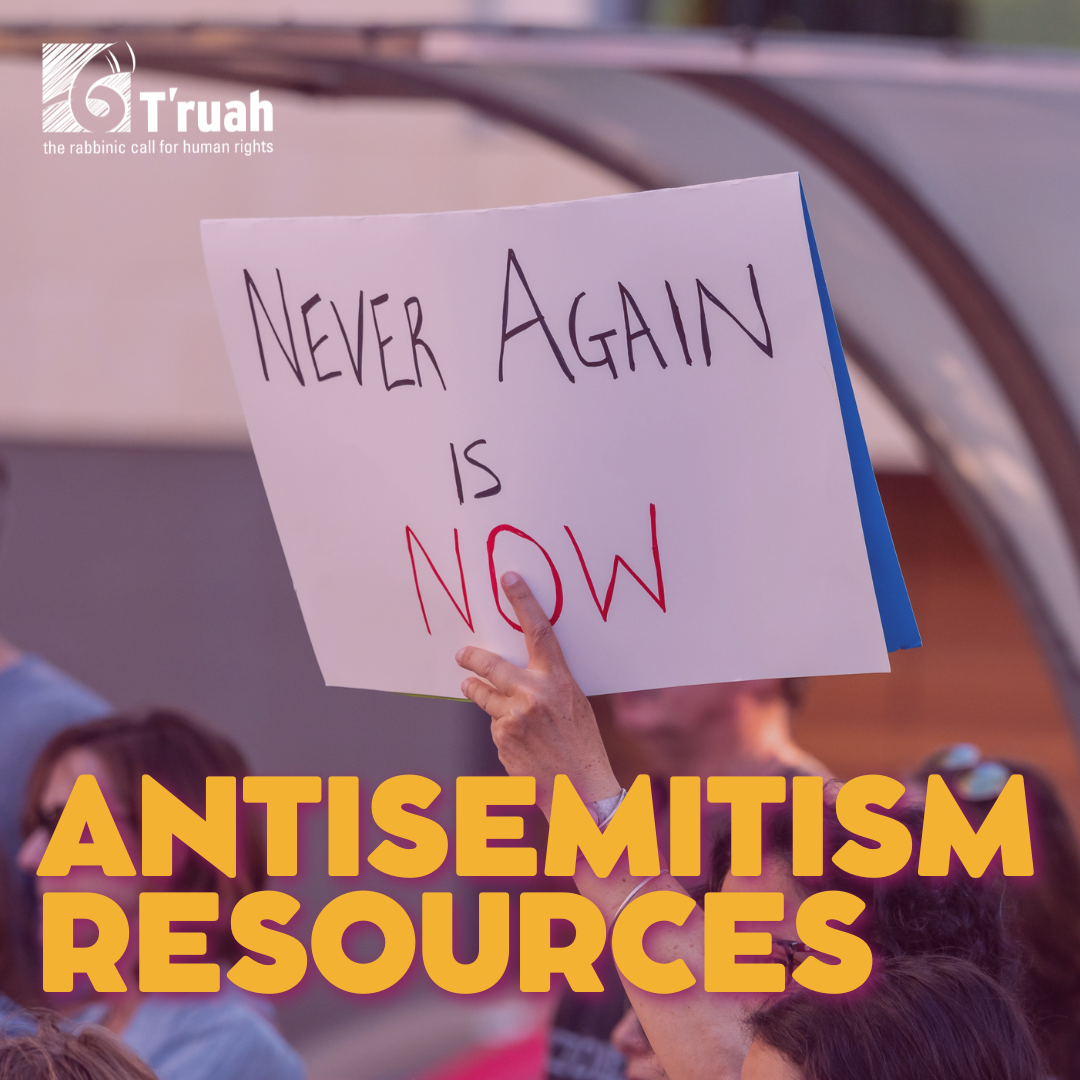Resources
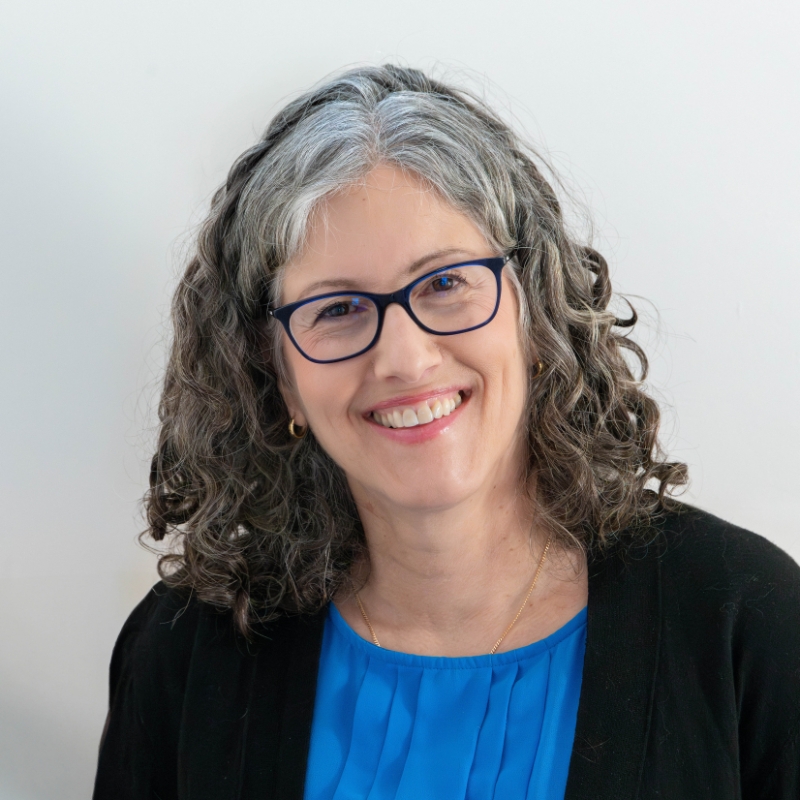
Shoftim: Pursue Justice with Our Bodies and Hearts
Use your bodies — your arms, hands, legs, feet, voices, hearts — to act on your burning desire for justice.
more
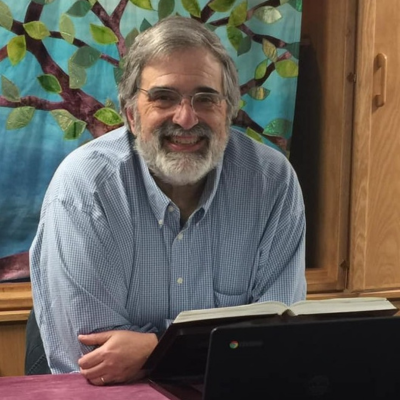
Ekev: When I Look At Those Poor People, I See Us
“When I look at those poor people, I see us.” My father, Elliott Arian, passed away in November 2021, but for the last few weeks of his life, he wasn’t really able to speak. My last coherent conversation with him was some time in September 2021. He was very upset because he had been watching...
more
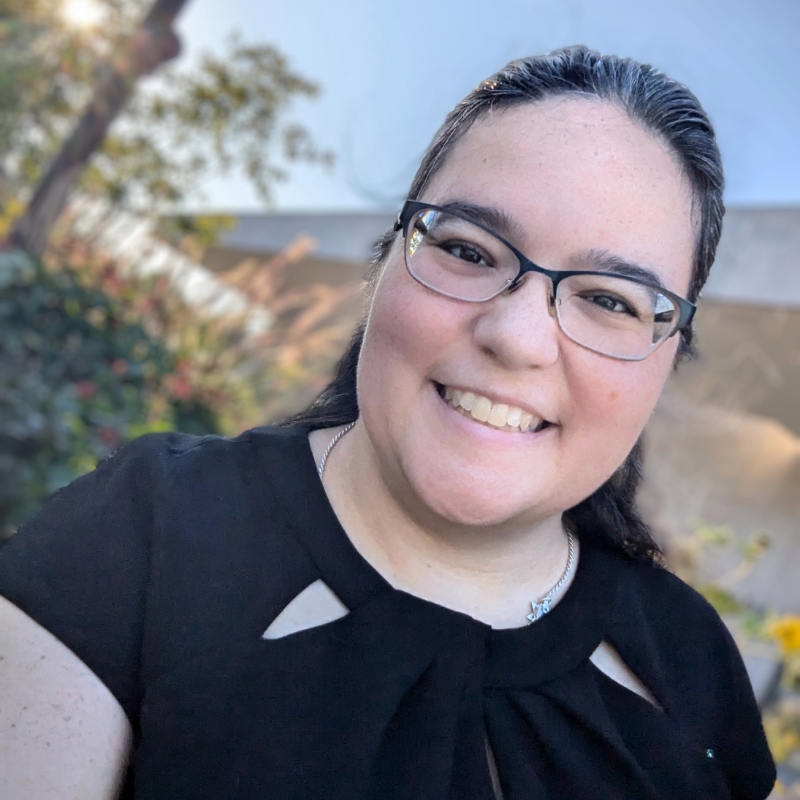
VaEt’chanan: We All Belong Here
Here in America, where the majority of citizens are descendants of immigrants or immigrants themselves, we should remember what it is to be searching for home. We must work together to welcome all those who … need the security of citizenship.
more
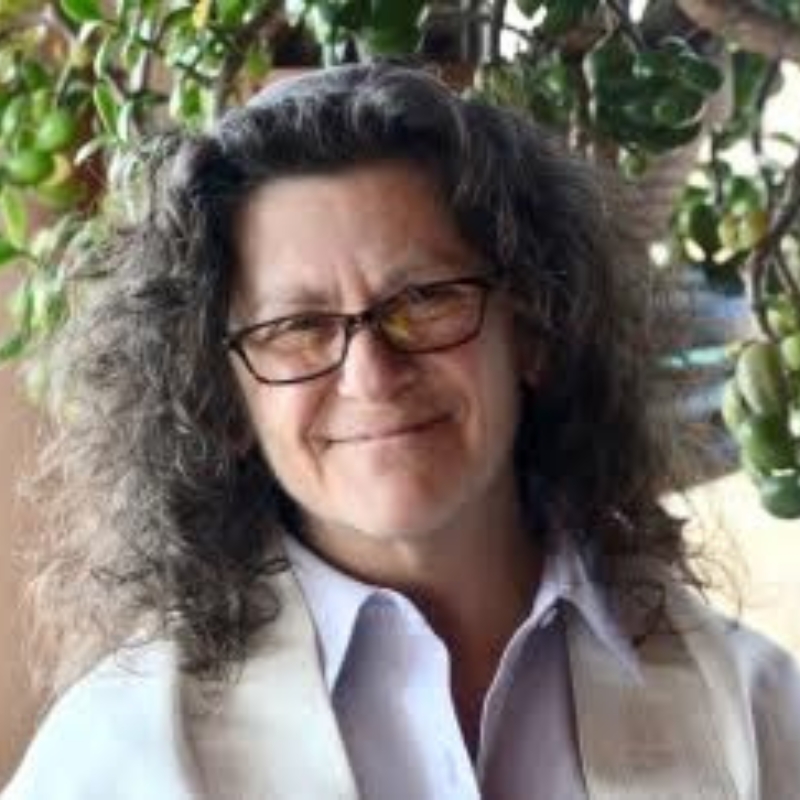
Bo: Torah into the Void
For those of us feeling as if we only see evil and darkness in the other, it might be helpful to sit a while in the silence of the Divine Void where we are invited to join with God to look at the ways in which we ourselves may contribute to societal evils. Grappling with our own complicity could be just the impetus for us to seek common ground with those we label as evil. May we find a new way forward, together, for the old ways are no longer serving us.
more
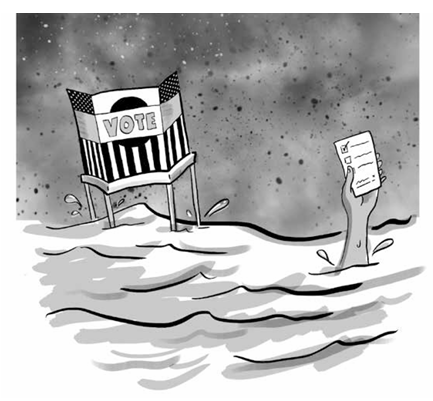
CONTRASTING TRUTHS: The Aspirations and Limitations of American Democracy
Sofi Hersher Andorsky and Aaron Dorfman make the case for Jewish investment in liberal democracy.
more
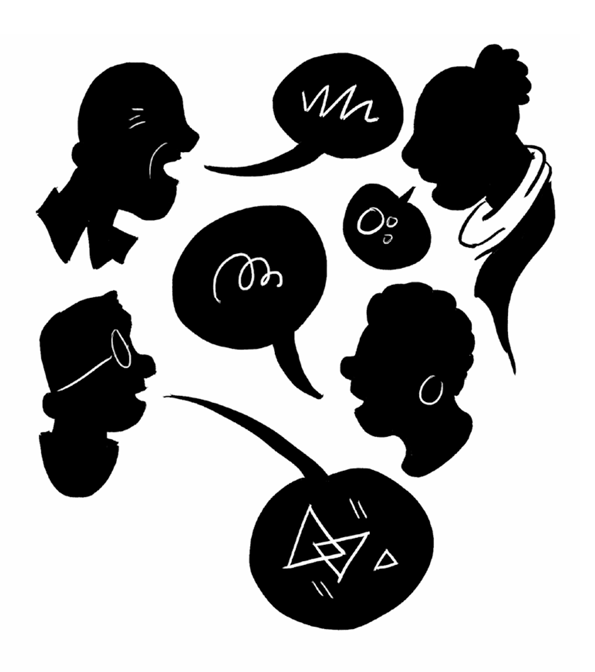
ROUNDTABLE: How Can U.S. Jewish Communities Play an Effective Role in Coalition Work to Advance Multiracial Democracy?
A panel of pathbreaking organizers, including Ginna Green, Graie Hagans, Abby Lublin, Megan Black, Matthew David Hom, and Rabbi Aryeh Cohen, PhD, on how Jews can advance multiracial pro-democracy coalitions today.
more
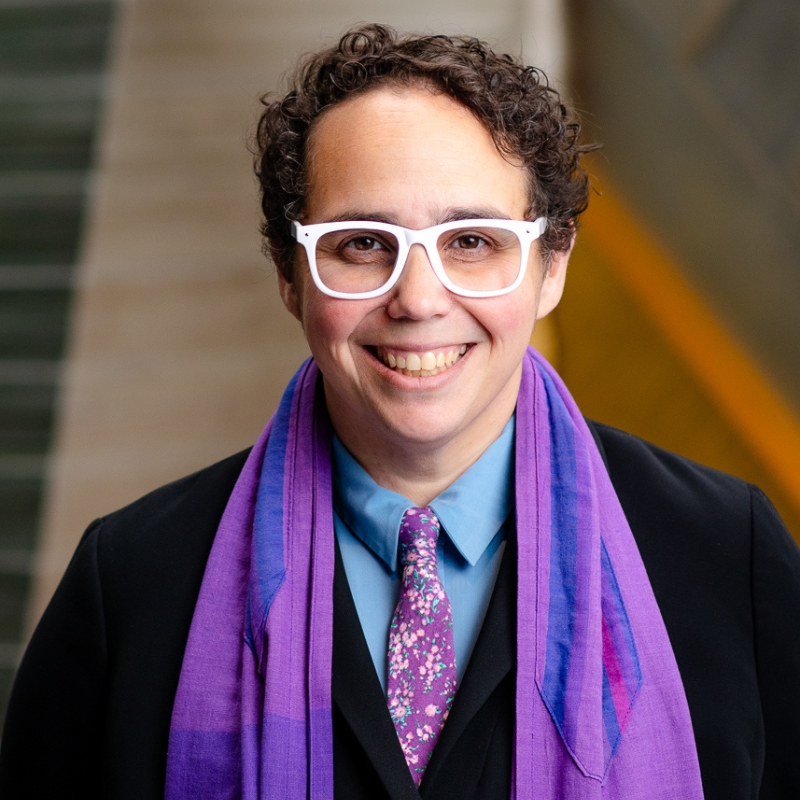
Devarim: Moses’ Opening Rebuke: Choose Your Leaders Wisely
As we travel into the unknown wilderness of our shared future, may we clearly articulate what we need from our leadership and insist that we be led by wisdom, capable experience, and the commitment to equity for all.
more
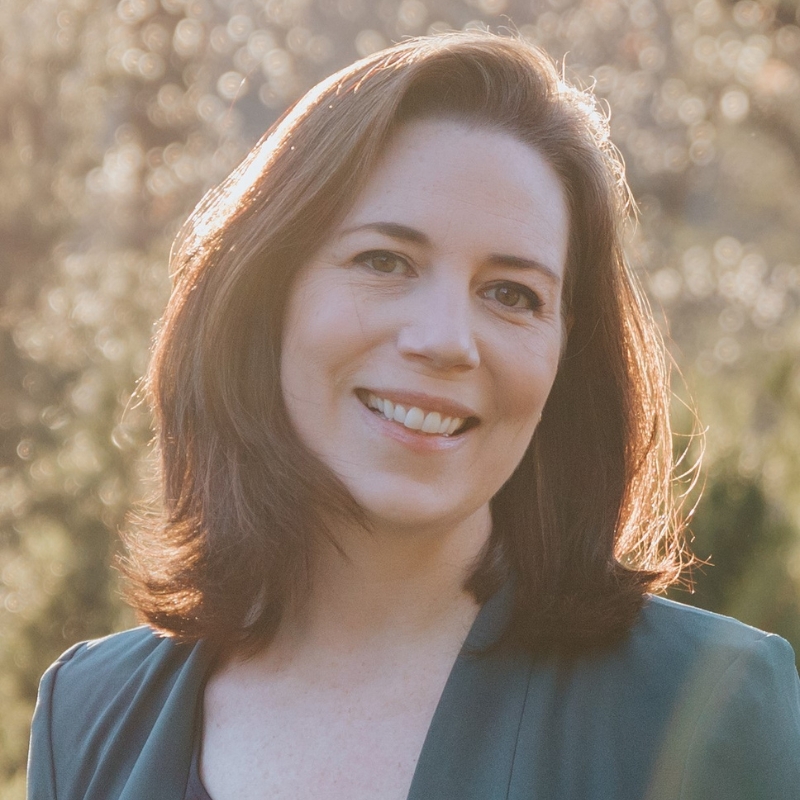
Yom HaShoah: Human Rights Require Human Enforcement
We are born in the image of God, but we must accept that this God-given status exists only within the framework of human enforcement.
more
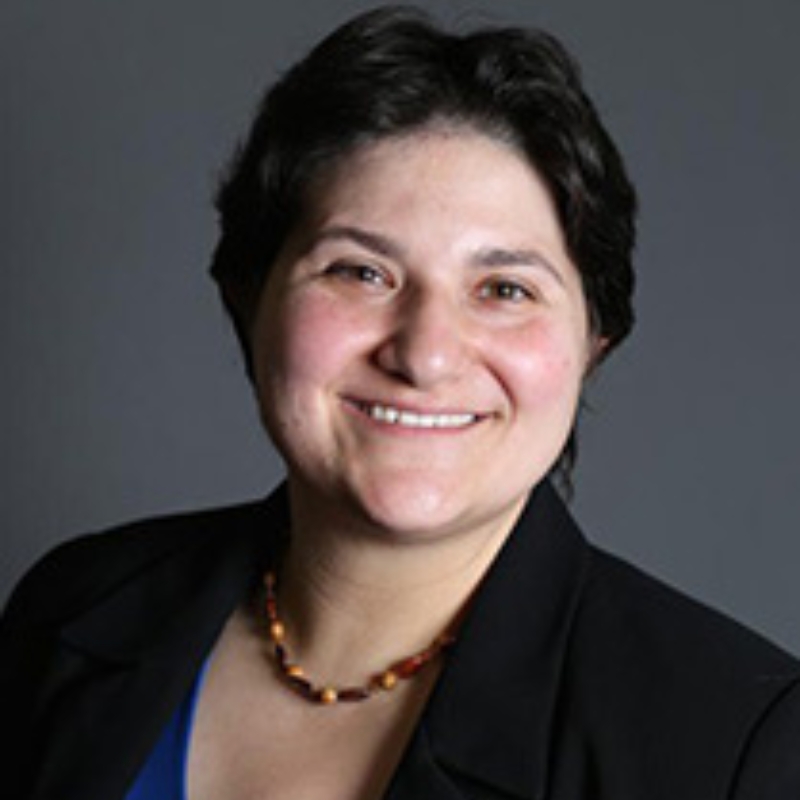
Tzav: We Are the Stranger
We know the heart of the stranger and we cannot allow ourselves to lose sight of these people, or allow statistics to blur them and their lives into a faceless “issue.”
more
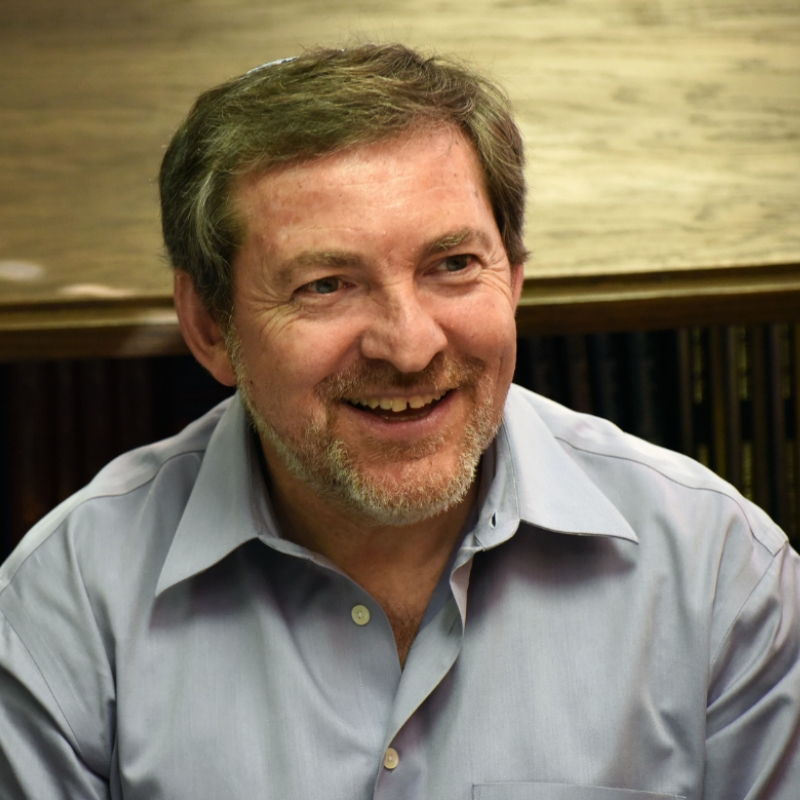
Pekudei: Culpability on the Southern Border
I went to Juárez seeking a window into what is happening along our southern border, but I left staring at a mirror of culpability and responsibility.
more



